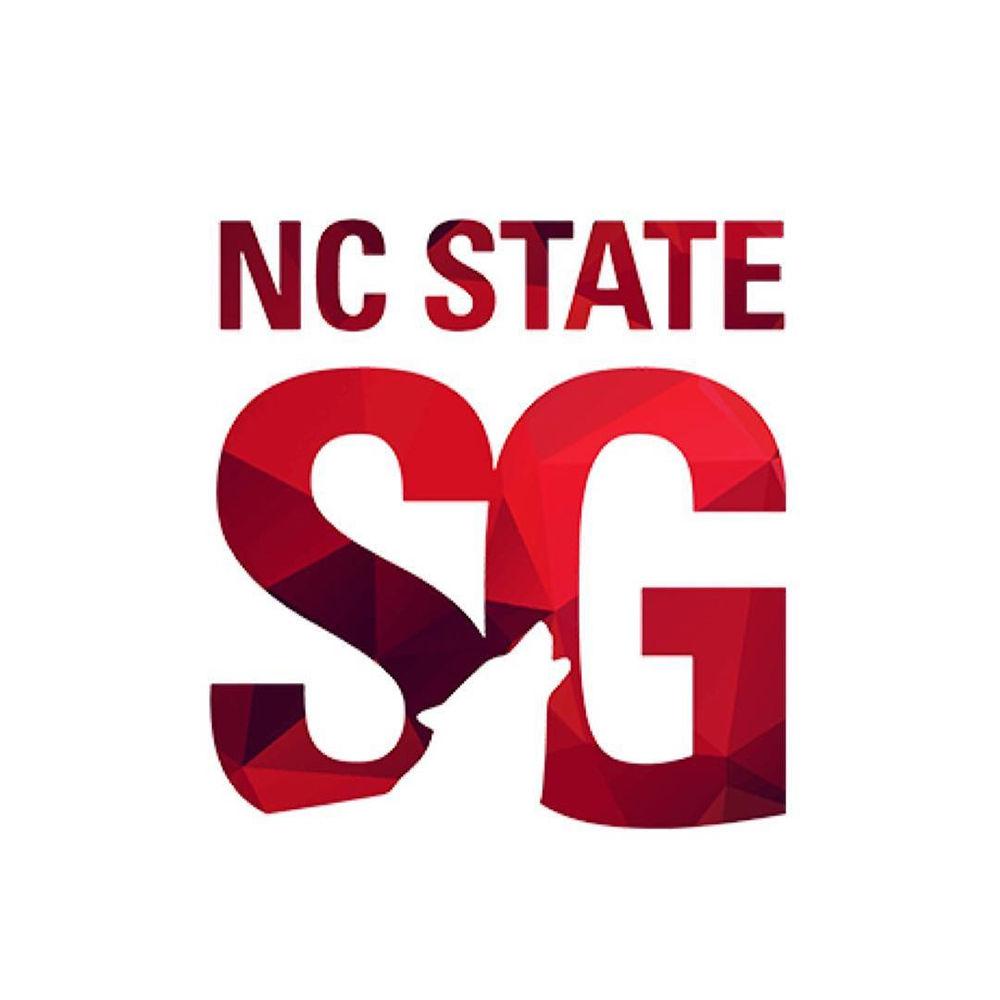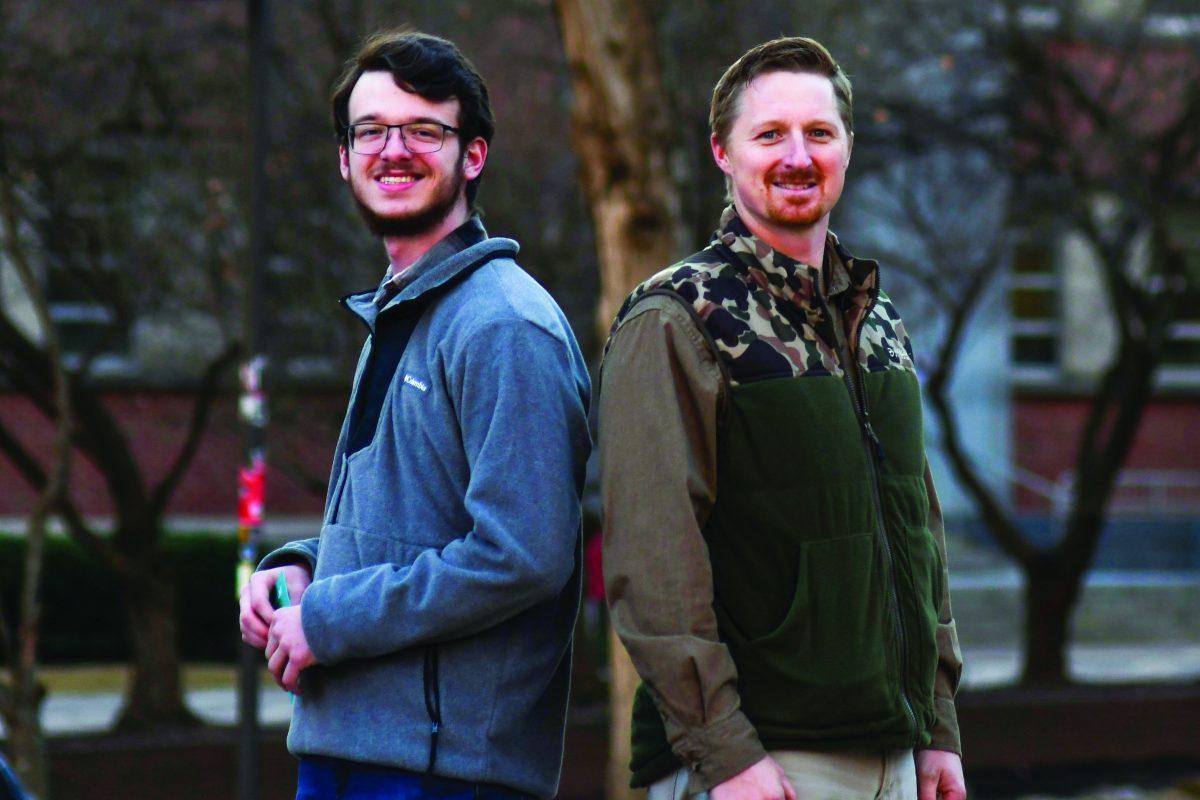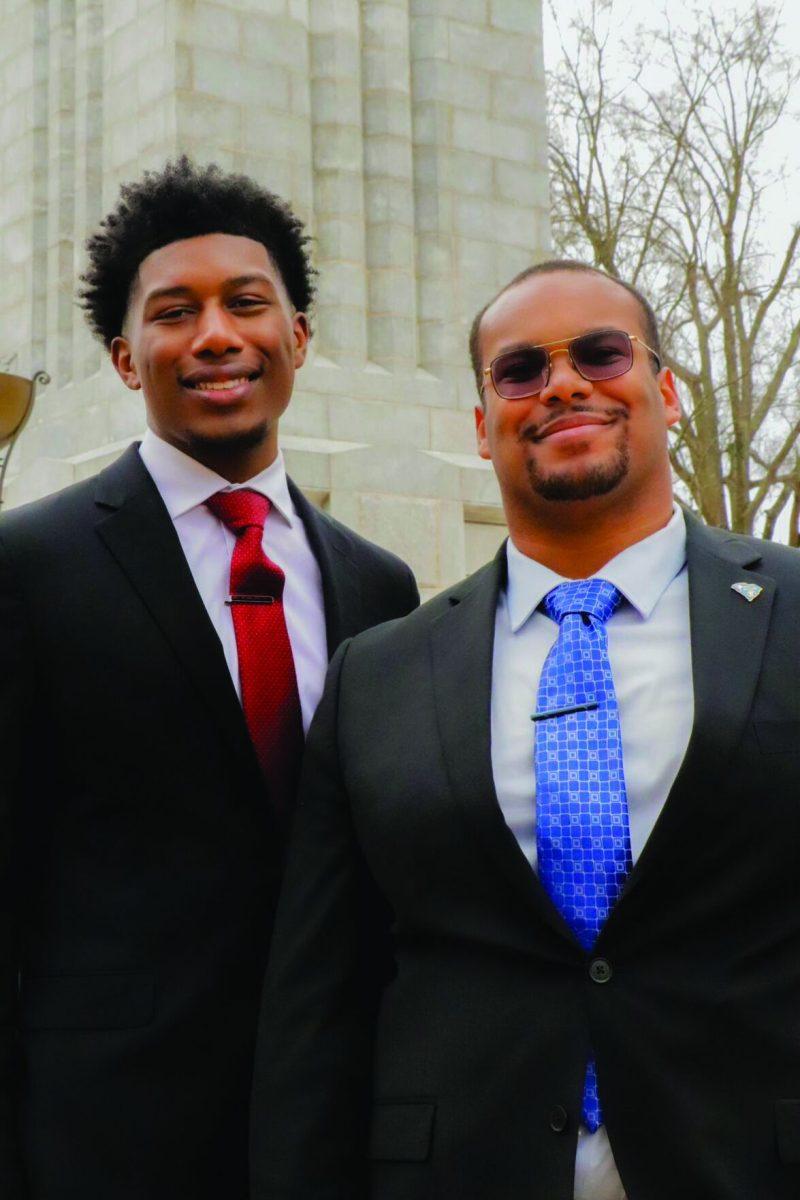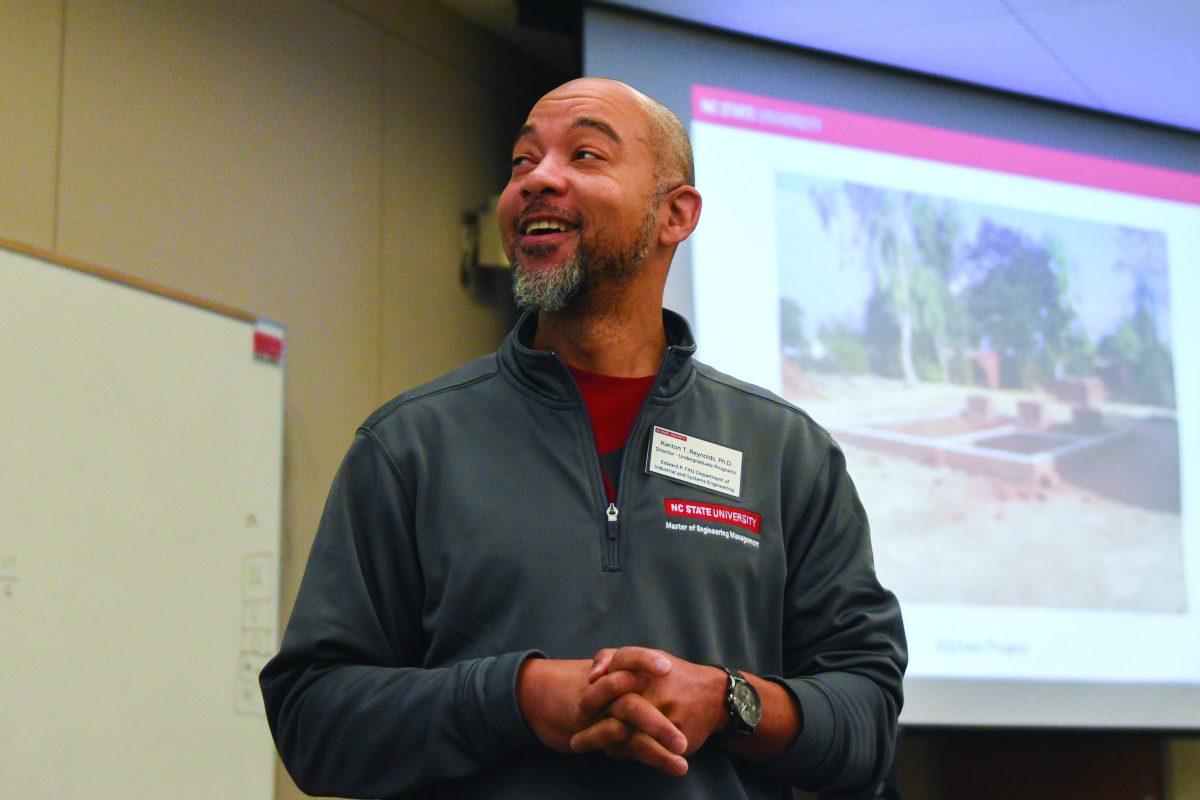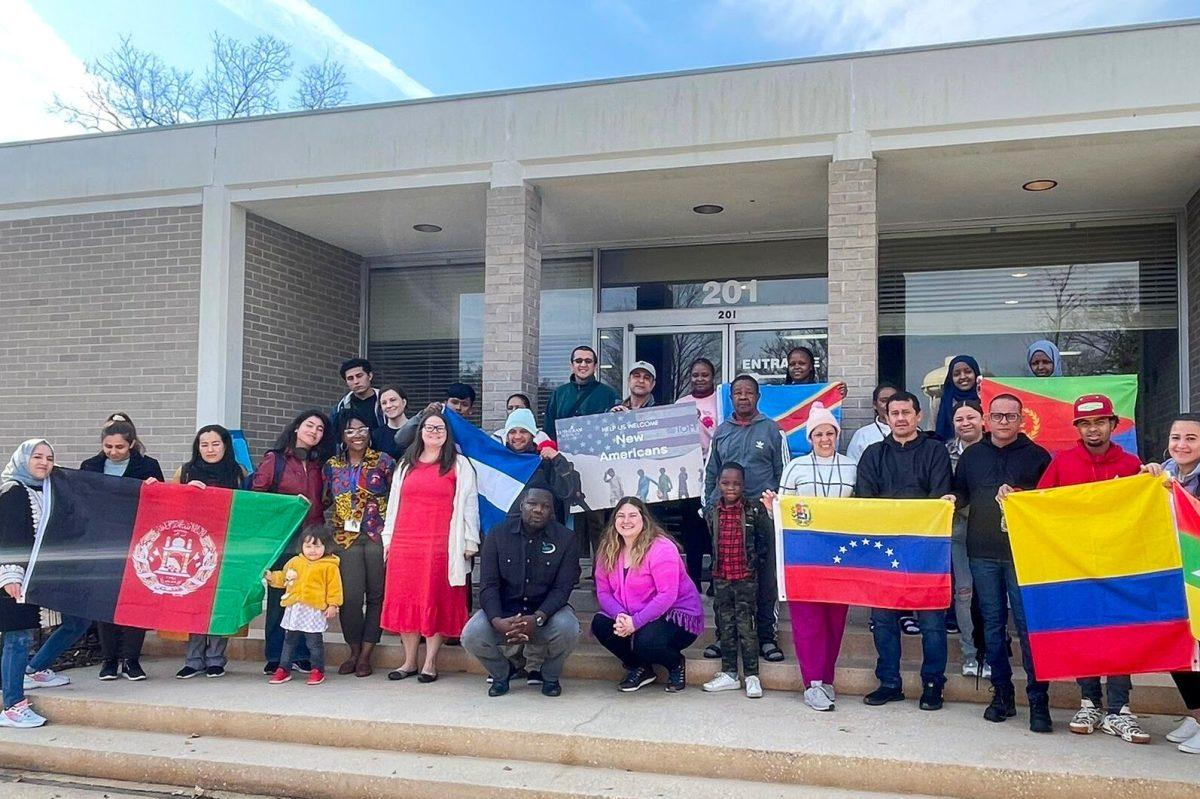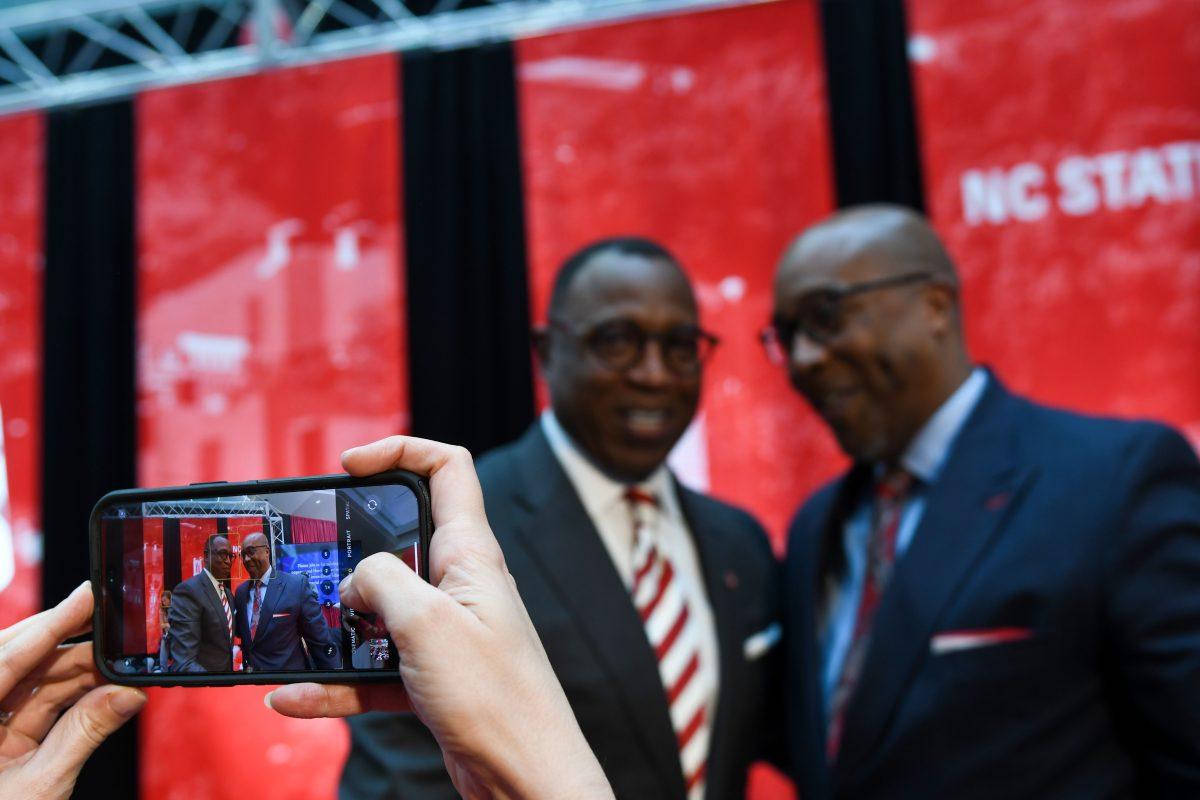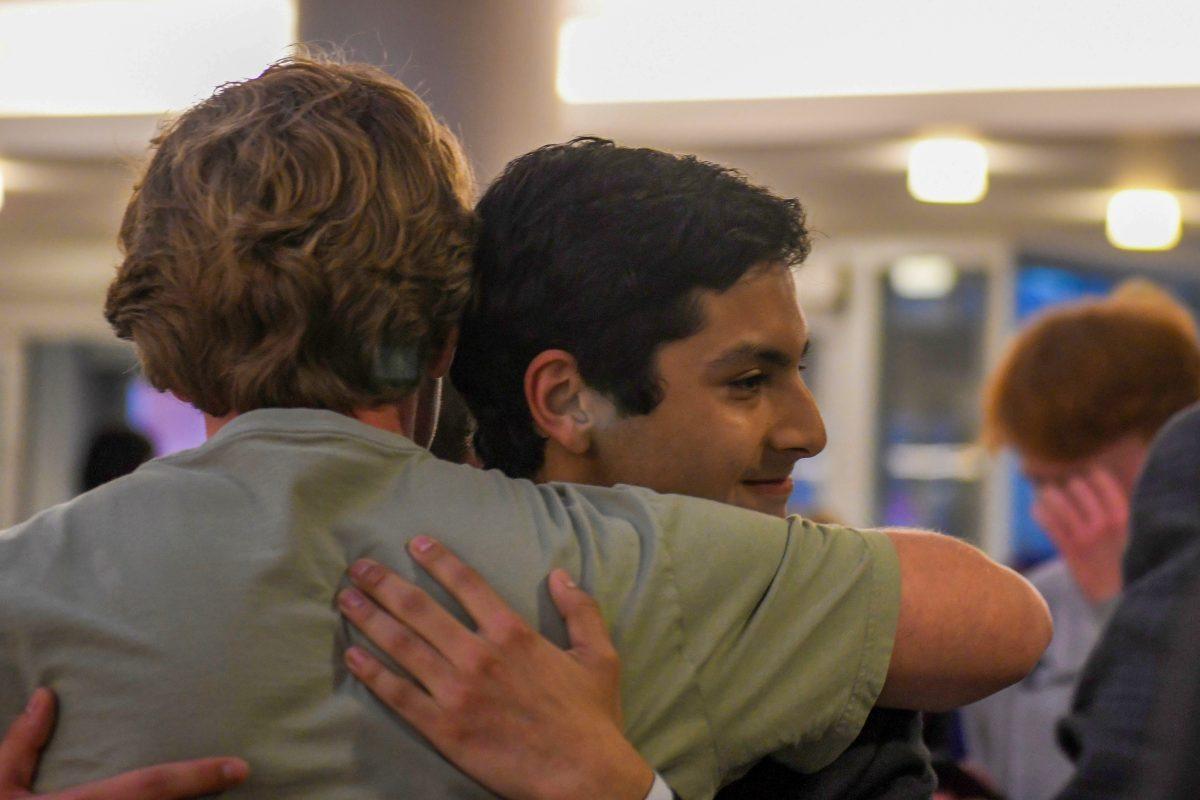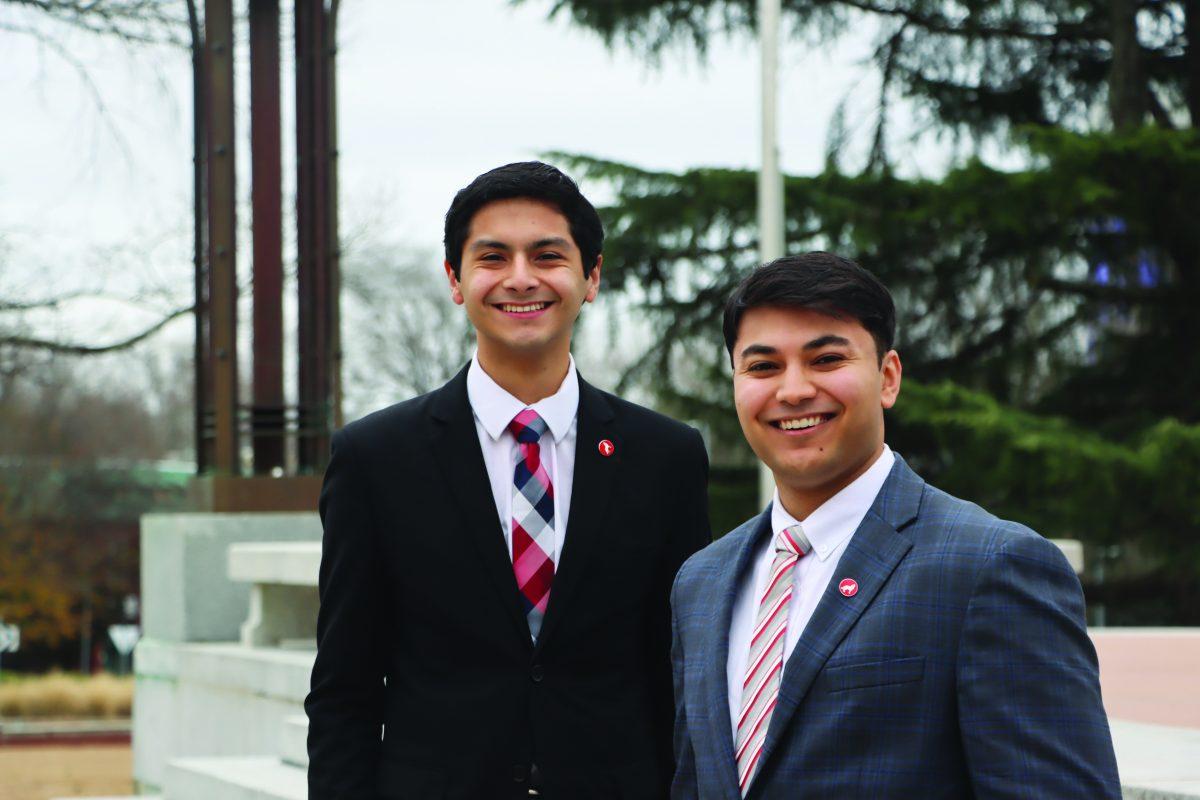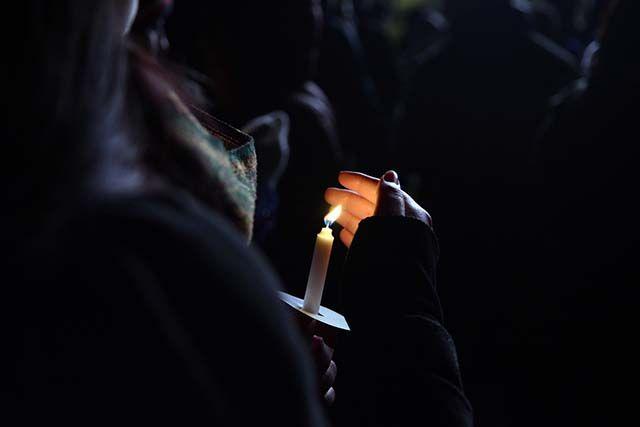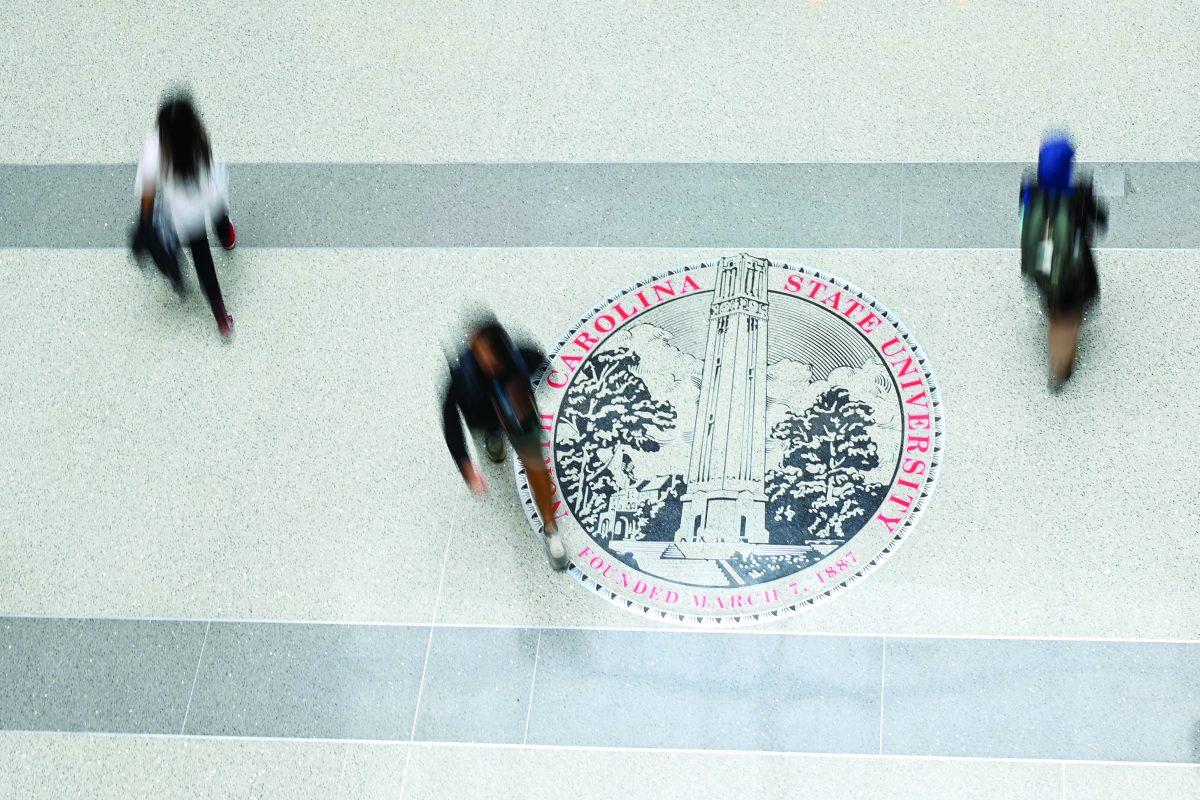The Student Government debates were held on Monday, discussing different candidates’ views on transparency, funding and engagement. Candidates for student senate president and student body treasurer debated experience and goals of new perspectives to battle key challenges.
The student senate president debate features Naila Din, a third-year studying microbiology, and Chloe Webster, a first-year studying political science. The focal point of their debate revolved around the need for transparency and balance.
Din stressed the importance of reaching out to student organizations to hear various perspectives.
“I think everyone has a unique voice, and I think all the voices should be uplifted and heard, and that’s why one part of my platform is to have open door policy,” Din said.
Din also emphasized being able to implement cooperative engagement from student organizations, transparency and connection must take hold first.
“What really drew me to this position was that I have a lot of knowledge and the ability to be compassionate people,” Din said. “Through the hardships, I’m able to just really connect with a lot of the student body on a lot of the issues that they’ve addressed and brought up to the student senate.”
Din also mentioned the need to propose strong advocacy for marginalized students in the midst of the removal of DEI initiatives.
“We all have a shared concern that this is something that needs to be addressed at the UNC system level, and that we will address it,” Din said. “We want that. We want to have professors to be able to teach freely what they want to have said in their classroom, what they want to have in their classroom and we also want students to be able to get proper education for any issues.”
Webster emphasized the need for a fresh perspective and a renewed focus on community building.
“It’s time we engage,” Webster said. “It’s time we energize and it is time we empower the student voice.”
Webster said she pledges to foster a more collaborative and empathetic environment within the Senate, encouraging open dialogue and mutual understanding.
“I want us to be less divisive,” Webster said. “I want us to return to recognizing we all have the common goal of improving the lives of our student body, improving the quality for the entire UNC System, when we’re getting that opportunity to speak to and write legislation at ASG. And I think that’s something that sets me apart, is that I bring a combination of knowledge and also fresh energy, and I have the experience here and from other institutions to be able to consider things from multiple multiple avenues and multiple perspectives.”
Webster said in addressing the challenges to DEI initiatives at the University, she prioritizes making sure all senators and students are given an equal opportunity to voice their concerns.
“I think there’s a way to foster conversation that includes all sides, and we’re going to have to navigate those situations,” Webster said. “ … It’s on [the SSP] to remain impartial. It’s on us to make sure every person is getting equal opportunity to speak. And I think in a time where people feel they may not have that equitable opportunity to speak up. It’s important that the SSP is diligent in how they are going about making sure people are heard and represented.”
The student body treasurer debate featured Emery Skolfield, a third-year studying economics, Lance Williams, a second-year studying agricultural science and Jon Carter, a second-year studying accounting. A central point of contention was the issue of funding for student organizations, with candidates proposing different strategies to address the challenge.
Williams emphasized the need for a student fee increase of a dollar or less to supplement the existing budget.
“The student organizations on campus are asking for more money, and I think we need to get up to the challenge when that comes,” Williams said. “I can also confirm that the money amount we’re looking at right now is going to be $1 or less. This is not to be a huge financial burden on our students, but it will generate a lot of income for Student Government and allow us to better serve the organizations and serve them in ways that they expect of us.”
Williams also pledged to simplify the appropriations process, aiming to make it less intimidating for student leaders unfamiliar with financial procedures.
Carter expressed skepticism about a fee increase, citing the financial challenges faced by many students. Instead, he advocated for empowering student organizations to become more financially self-sufficient through grassroots fundraising efforts.
“I want to see a treasury that is helping our student organizations become financially responsible, and I want us to be able to give them the resources that they need to raise the money that they need to support their events,” Carter said.
Carter said he would create a sample budget to guide organizations in their funding applications.
Skolfield also said he was skeptical about a fee increase. Drawing on his experience promoting financial literacy, he argued that the treasury should serve as a resource for organizations, helping them develop their own fundraising efforts.
“I think that we can service organizations better if they learn how to grow up and build their organizations self-sufficient,” Skolfield said.
Voting for the election is open March 3 and 4. To vote, head to getinvolved.ncsu.edu.


